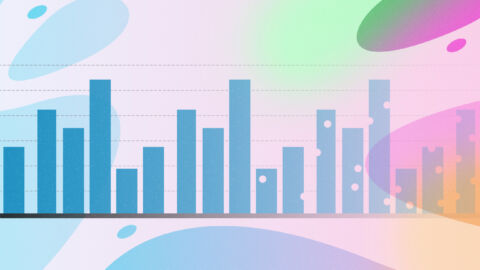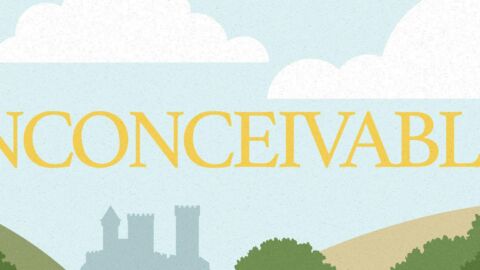
The Challenges of Assessing 21st Century Competencies
A new report from the Center explores the challenges of assessing 21st century competencies and offers practical advice.
Read More
A new report from the Center explores the challenges of assessing 21st century competencies and offers practical advice.
Read More
Companies often say their assessments are instructionally useful, but they rarely provide evidence to support those claims.
Read More
Guidance on defining and assessing analytical thinking, a skill that’s increasingly important to students’ future success.
Read More
Education leaders and vendors claim that many assessments are “instructionally useful.” Such claims must be highly specific, and supported by evidence.
Read More
Which kinds of tests provide information that helps teachers adjust their instruction? We outline 10 key features of instructionally useful assessments
Read More
Like other 21st century skills, ethical thinking presents substantial challenges to educators who want to define, teach, and assess it.
Read More
Guidance on defining and assessing creative thinking, a skill that’s increasingly in demand among employers.
Read More
In this TikTok era, we break teachers’ learning into bite-sized pieces and expect them to learn on their own. But we accept this model at our peril.
Read More
The pressure of external tests can lead teachers to use formative assessment as test preparation. Here’s how to protect this important classroom practice.
Read More
As she takes a new job at the Center, with new challenges to explore, an expert finds herself in the unsettling and exciting role of learner.
Read More
Teaching students to analyze complex text is crucial in the age of misinformation. Our comprehensive new toolkit on text dependent analysis can help.
Read More
There are striking disconnects in our work that can affect the impact our field can have on K-12 learning, educational measurement, and accountability.
Read More
It’s time to focus on the role of formative and large-scale assessment in student learning recovery efforts.
Read More
Formative assessment implementation can be both impeded and facilitated, and we take a look at the factors that play into each outcome.
Read More
A blog post from one of our interns presents a framework for improving classroom assessment practices.
Read More
An appeal to State Department leaders to increase formative assessment practices in classrooms to help with pandemic recovery.
Read More
We’re offering 23 professional classroom assessment learning modules, an expansion of 7 modules offered at the beginning of the pandemic.
Read More
Using a state test to inform instruction is possible, but has limitations that educators and other stakeholders need to understand.
Read More